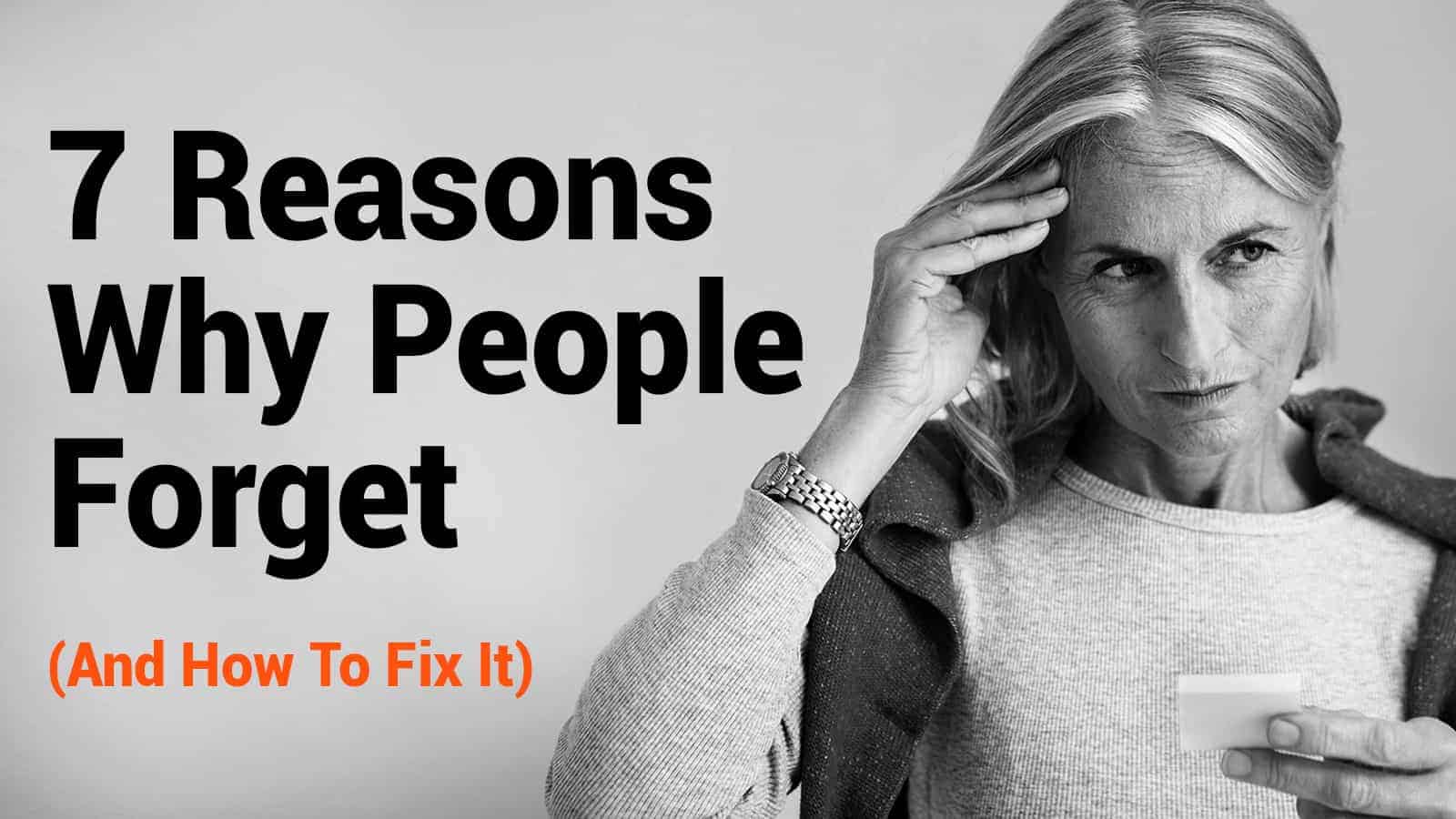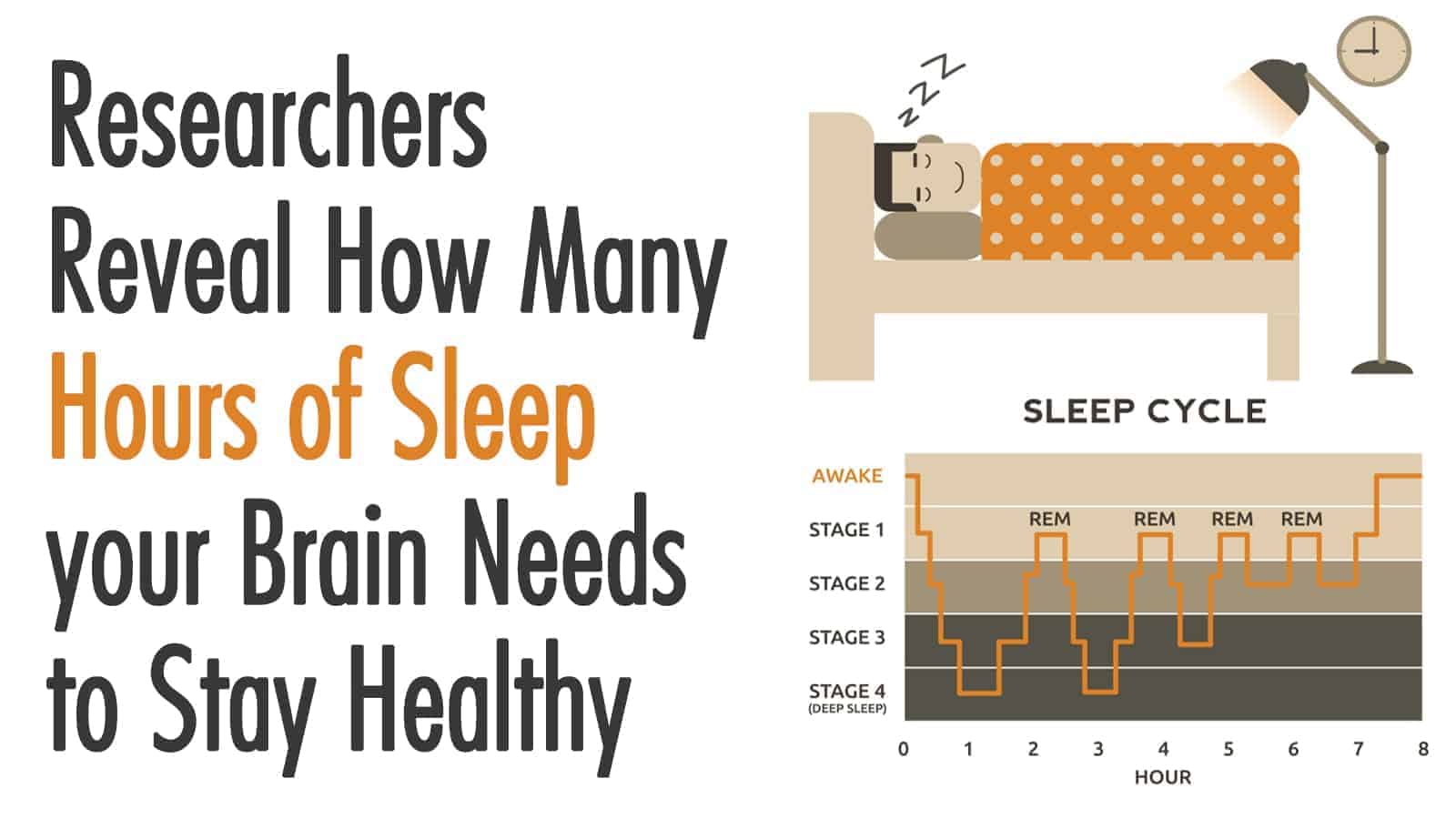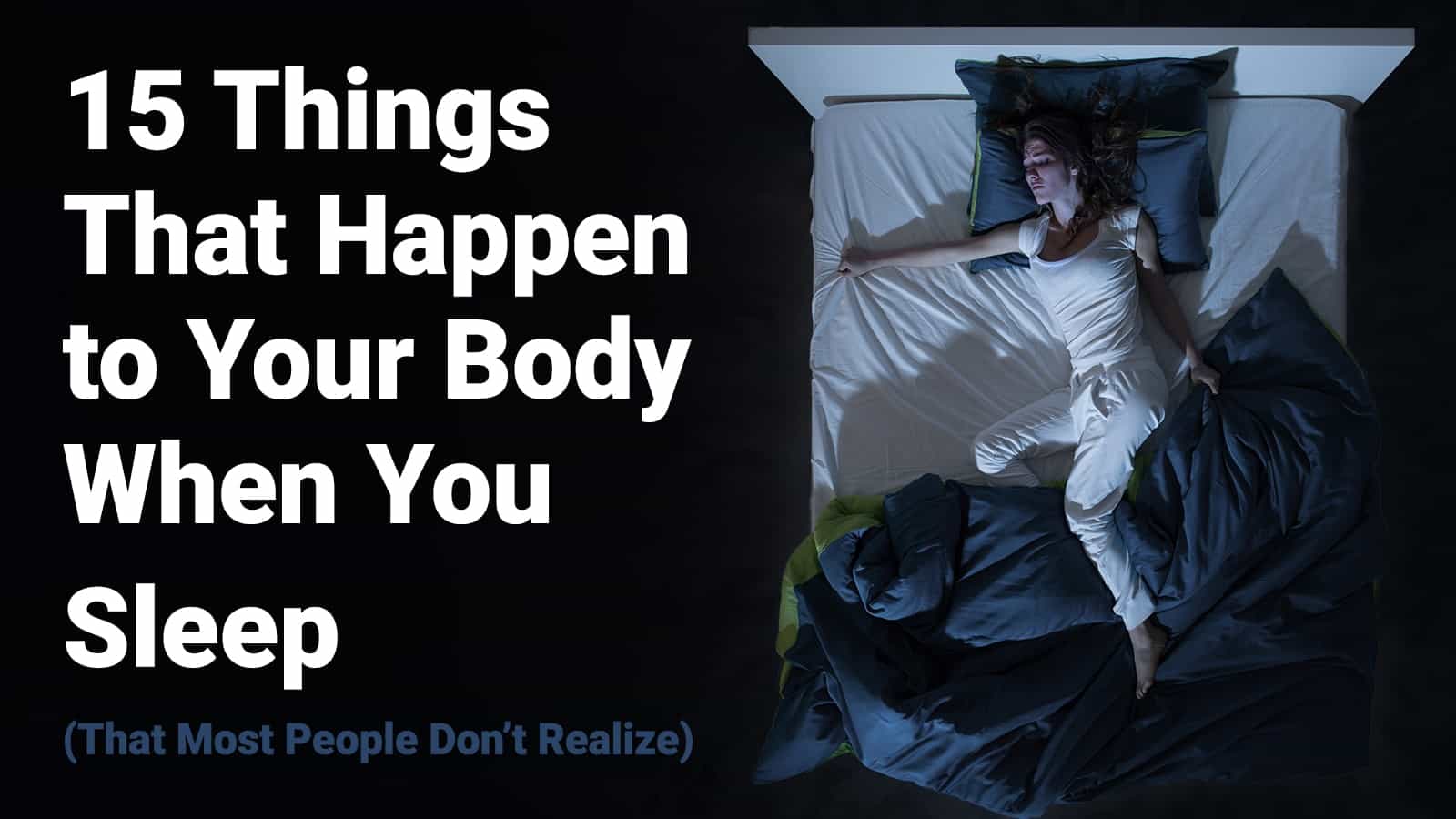The true number of hours of sleep your brain needs has been debated for decades. Thanks to recent research, though, we’ve come very close to turning sleep into an exact science. Getting an incorrect amount of sleep can have terrible effects on your health – both physically and mentally.
That’s why it’s so important to keep the brain in tip-top shape through sufficient rest. But is there more to these arbitrary rules and statistics? In this article, we consider what researchers reveal about how many hours of sleep your brain needs to stay healthy. We’ll also look at how this keeps your body in tip-top shape, and some surprising facts behind the figures.
Here Are How Many Hours Of Sleep Your Brain Needs To Stay Healthy
“Sleep deprivation is the most common brain impairment.” – William C. Dement
 1. Why does the body need sleep?
1. Why does the body need sleep?
According to the Division of Sleep Medicine at Harvard Medical School, one thing is certain: sleep is needed for a healthy brain and body. But why? There are actually a few theories about why your brain needs a certain number of hours of rest. Here are some of them:
· The Inactivity Theory
This theory states that the need for the body to rest at night stems from evolution. Proponents of this theory state that we sleep at night as it was prudent for our ancestors to do so in the wild. At night, with low visibility, they would be vulnerable, so they slept.
· The Energy Conservation Theory
This theory once again stems from evolution. Once upon a time, when our ancestors had limited access to food, they needed to conserve energy. Studies today show that the metabolism of energy in humans decreases by 10% when asleep, thus saving precious resources.
· The Restorative Theory
Most modern science points to the brain’s ability to repair the body when asleep. Studies show that animals will die in mere weeks if not able to sleep, due to immune system damage. Essentially, when we rest, the body repairs itself and restores brain neurons so we can wake up feeling fresh.
· The Brain Plasticity Theory
This is likely the most compelling and up-to-date of theories. Sleeping affects the way that the brain’s structure shifts and changes. This is why a lack of sleep can sometimes cause you to perform tasks badly. It might also be why babies need so much sleep-time – they’re building their positive brain function.
2. Sleeping too much is just as bad as sleeping too little
Recent research published in the journal Sleep shows that the optimal amount of sleep is actually on a U-curve. This curve is completely reliable and accurate and applies to all people, which is excellent news for us.
Researchers conducting this study measured the ability of their study subjects to conduct tasks with different amounts of sleep. They had to prove verbal abilities, reasoning skills, and cognitive performance.
Findings reveal that sleeping for too many hours can actually be just as damaging as sleeping for too few hours. This means that as tempting as it sounds, sleeping for 12 hours on a Sunday might do your body more harm than good.
As such, you really have to be sure of how many hours of sleep your brain needs. This study puts that figure at an average of between 7 and 8 hours. This is, of course, limited to specific test subjects.
3. What happens to the brain when you sleep?
Every single night, the body cycles through specific sleep stages. Each full circle takes around 90 minutes. You cycle through the stages for your entire snoozing time. Here’s what happens during each one, according to WebMD.
- The first stage is non-REM sleep, known as the N1 stage. The N1 stage involves very light sleep. This is the time when you could still be easily awoken. It’s also the stage where you can wake up and feel the most refreshed.
- The N2 phase is where you spend most of your night. Here is where the brain starts to file long-term memories. Thus, this phase could be crucial to memory, concentration, and focus. Failing to go through enough of this stage could cause you to be more forgetful.
- The N3 stage involves deep sleep. This cycle starts out very long but progressively gets shorter throughout the night. During this stage, the body focuses on repairing itself, so skipping this stage robs you of positive benefits. Eating late and drinking alcohol can prevent the body from entering deep sleep enough times to be fully restored. Of course, sleeping too little or too much has the same result.
- The REM stage happens towards the end of one cycle, in the last 30 minutes. During this rapid eye movement stage is when we dream. Being jogged awake during REM sleep can make one drowsy, so completing the cycle is important.
4. Your age determines the hours of sleep your brain needs
There isn’t a “one size fits all” approach to the number of hours of sleep your brain needs. It all depends on a variety of different factors, and one of these factors is age. This is according to Max Hirshkowitz, the Chairman of the Scientific Advisory Council for the National Sleep Foundation (NSF).
Efforts to continuously review and provide scientifically up-to-date information regarding sleeping times are constantly in play at the NSF. Recent work has led to the establishment of a variety of different rules and regulations for people of different ages. Here is what the NSF came up with as far as hours of sleep recommended each night. Additionally, it is not recommended that individuals get more or less than the number of hours stated in these categories:
· Newborns
Individuals between 0 and 3 months of age should aim to get between 14 and 17 hours in a 24-hour cycle. In rare cases, some newborns may need between 11 and 13 hours or between 18 and 19 hours.
· Infants
Individuals between 4 and 11 months of age should aim to get between 12 and 15 hours. In rare cases, some infants may need between 10 and 11 hours or between 16 and 18 hours.
· Toddlers
Individuals between 1 and 2 years of age should aim to get between 11 and 14 hours. In rare cases, some toddlers may need between 9 and 10 hours or between 15 and 16 hours.
· Preschoolers
Individuals between 3 and 5 years of age should aim to get between 10 and 13 hours. In rare cases, some preschoolers may need between 8 and 9 hours or up to 14 hours.
· School age children
Individuals between 6 and 13 years of age should aim to get between 7 and 8 hours. In rare cases, some school age children may need between 8 and 9 hours or as many as 12 hours.
· Teenagers
Individuals between 14 and 17 years of age should aim to get between 8 and 10 hours. In rare cases, some teenagers may need 7 hours or 11 hours.
· Young Adults
Individuals between 18 and 25 years of age should aim to get between 7 and 9 hours. In rare cases, some young adults may need 6 hours or between 10 and 11 hours.
· Adults
Individuals between 26 and 64 years of age should aim to get between 7 and 9 hours. In rare cases, some adults may need 6 hours or 10 hours.
· Senior citizens
Individuals above the age of 65 should aim to get between 7 and 8 hours. In rare cases, some senior citizens may need between 5- 6 hours or 9 hours.
5. Your individual needs also show how many hours of sleep your brain needs
No matter how much scientists churn out facts and figures, there is no denying that every unique person has different needs. Some people absolutely cannot function on limited sleep. Others pull regular all-nighters that, while not healthy, don’t seem to affect their daily function much.
The research itself cannot pinpoint exact numbers of hours that will best suit every single person. What they can provide is a range. Sleeping between 7-8 hours is considered optimal for most adults according to recent research, though the range stretches to between 6 and 10 in some cases.
This means you absolutely need to get between 7 and 9 hours of sleep in order to function healthily. But where you fall in that range depends entirely on you. Knowing yourself and your body is one of the easiest ways to determine how many hours of rest your brain needs to stay healthy.
What does this mean? It means you need to observe yourself. When you get 7 hours of sleep, do you still feel sluggish? Or does that energize you? How about getting 9 hours? Does that make you feel heavy? Or is that the amount you need to function? Maybe you fall between, at 8 hours?
Keeping a Sleep Diary
If you’re not entirely sure how much sleep your brain needs, try keeping a sleep diary. Log the time you go to bed, making adjustments in the morning if you had trouble dozing off. Log the time you wake up and how you feel when you wake up.
Then, at the end of the day, write down your energy level and if you noticed any issues in your daily work. Did you have trouble focusing? Were you more or less productive than usual? Did you seem a little short-tempered? Did you have issues keeping positive thinking going? Write it all down.
This way, you will be able to refer to this sleep journal and find links between your well-being and your sleep. From here, you can spot the optimal sleep length for the best daily function and health. You might even notice the best times for you to head to bed and wake up!
Final Thoughts On How Many Hours Of Sleep Your Brain Needs To Stay Healthy
Getting enough sleep is one of the most important things we can do for our bodies. Sleep drives our energy levels, allowing us to get up and go. It helps us at work, boosting concentration and productivity. It helps our emotions, boosting positive thinking and preventing mood swings.
Taking care of our bodies means ensuring we get the right amount of sleep every day. Thanks to all the recent research, we no longer have to guess what our bodies and brains need. By getting the correct number of hours of sleep your brain needs to stay healthy, you’re doing yourself a huge favor.
https://www.youtube.com/watch?v=hXxTtXOz5JQ


















